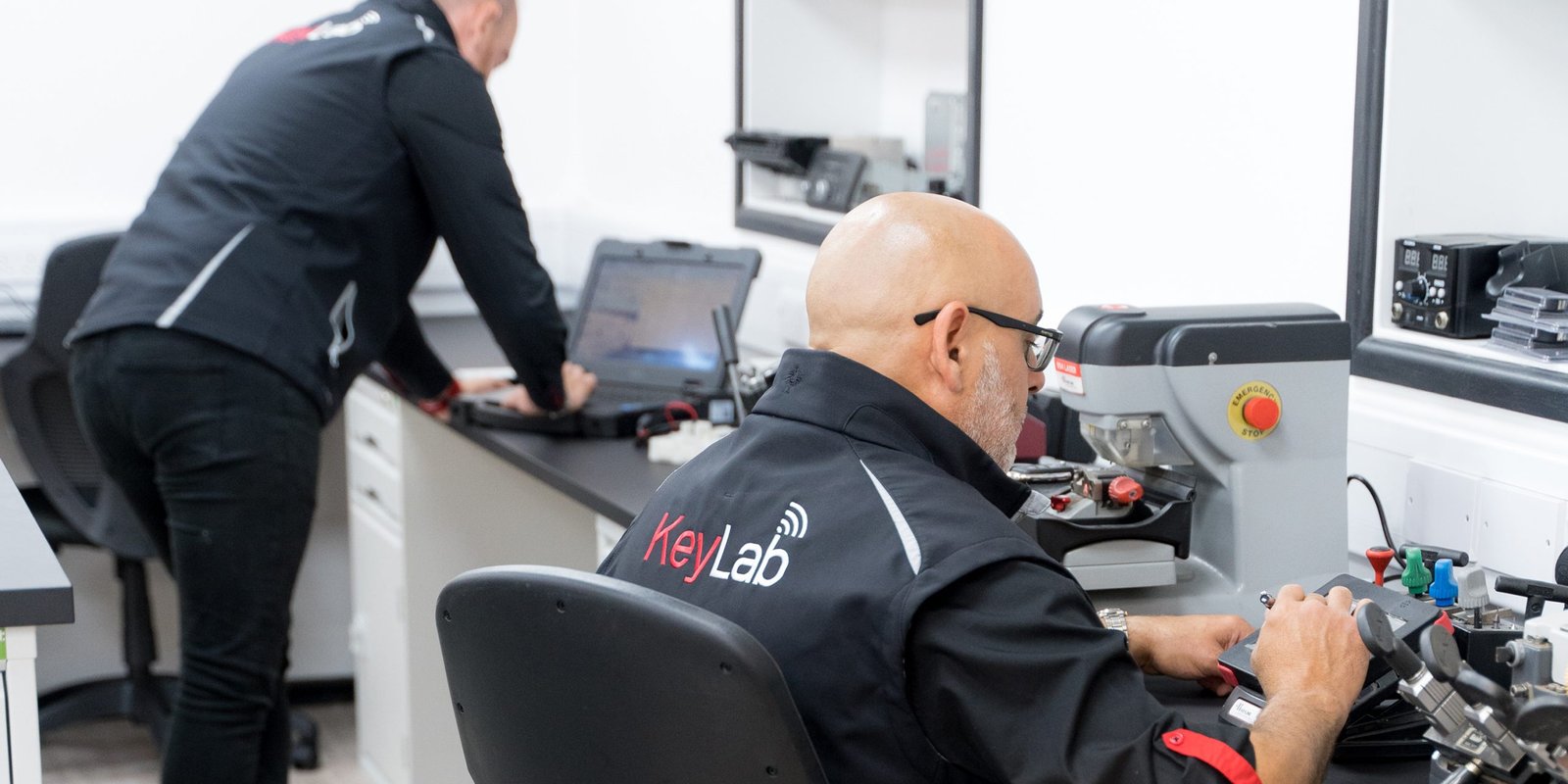13 Things You Should Know About Replace Car Key That You Might Not Have Considered

A Comprehensive Guide to Replacing Car Keys
Car keys have actually evolved considerably from the easy metal keys of the past to sophisticated electronic fobs that incorporate various security functions. Despite whether you own an older design or a modern-day vehicle, losing a car key can cause considerable inconvenience. This short article provides a comprehensive overview of the procedure of replacing car keys, consisting of the different kinds of keys, associated expenses, and regularly asked concerns.
Types of Car Keys
Before talking about the replacement procedure, it's important to comprehend the various kinds of car keys that exist today. Each type has its special replacement approach and cost.
Traditional Metal Keys:
- Used in older vehicles.
- Easy to replicate at the majority of hardware shops.
Transponder Keys:
- Contain a chip that communicates with the vehicle's ignition system.
- Need specialized equipment for cutting and shows.
Smart Keys:
- Keyless entry systems that enable motorists to begin their automobiles without inserting a key.
- Replacement requires dealership participation for shows.
Key Fobs:
- Remote-controlled gadgets that open doors and can begin the engine.
- Often incorporated with transponder technology.
Valet Keys:
- Designed for short-lived usage, permitting limited access to a car.
- Typically found with a key fob for basic functions.
Comparison Table: Types of Car Keys
| Key Type | Description | Replacement Method | Expense Range |
|---|---|---|---|
| Standard Metal | Fundamental, non-electronic keys | Replicate at hardware stores | ₤ 2 - ₤ 10 per key |
| Transponder | Keys with a programmable chip | Auto locksmith or dealership | ₤ 50 - ₤ 200 |
| Smart Key | Keyless entry system | Dealership just | ₤ 200 - ₤ 500 |
| Key Fob | Remote control access | Auto locksmith or dealership | ₤ 50 - ₤ 300 |
| Valet Key | Minimal gain access to for momentary use | Replicate if possible | ₤ 10 - ₤ 30 |
Steps to Replace Car Keys
Changing car keys can seem challenging, however it can be fairly uncomplicated when broken down into manageable steps. Here's a guide to follow:
1. Determine Key Type
Recognize the type of key you need to replace. This will guide your next actions and supply insight into the required replacement method.
2. Find Your Vehicle Identification Number (VIN)
The VIN is typically located on the chauffeur's side dashboard, visible through the windscreen. It can also be found on the driver's side door frame or in your vehicle's registration documents. This info is necessary for any key replacement, as it validates vehicle ownership.
3. Contact a Professional
Depending upon the key type, you might need to check out either a dealer or a locksmith. For traditional keys, many hardware stores can duplicate them quickly. For transponder keys, a certified locksmith professional or car dealership is required to program the new key.
4. Provide Necessary Documentation
You may need to present documents that confirms your identity and ownership of the vehicle. Typical files consist of:
- Driver's license
- Vehicle registration
- Proof of insurance coverage
5. Program the New Key
For keys with sophisticated innovation (like transponder keys or smart keys), programming is typically required. Read Even more may involve utilizing special diagnostic devices offered at a dealer or expert locksmith.
6. Check the New Key
After replacement, constantly evaluate the brand-new key to ensure it opens the doors and, if relevant, begins the ignition.
Expenses Associated with Key Replacement
The cost of changing car keys can differ substantially based on the key type, vehicle make and model, and the replacement method picked. An average expense breakdown is as follows:
- Traditional Keys: ₤ 2 - ₤ 10
- Transponder Keys: ₤ 50 - ₤ 200
- Smart Keys: ₤ 200 - ₤ 500
- Key Fobs: ₤ 50 - ₤ 300
- Services of a Locksmith: ₤ 50 - ₤ 150 (depending on services rendered and the complexity of the key)
Factors Influencing Cost
- Vehicle Make and Model: Luxury vehicles typically have higher replacement expenses due to sophisticated technology.
- Contract out vs. Dealership: Dealerships may charge more than independent locksmith professionals for comparable services.
- Aftermarket vs. Original Parts: Some individuals select aftermarket keys, which can be more affordable however might not have the exact same warranty coverage.
FAQs About Replacing Car Keys
Q1: Can I replace my car key myself?A: While you can replace conventional metal keys yourself, a lot of contemporary keys require expert proficiency for duplication and programs. It is a good idea to look for professional aid. Q2: How long does it take to replace a car key?A: Replacement time differs. Traditional keys can be made in minutes, while transponder
or clever keys might take longer, especially if programs is included. Q3: What if I lose my only key?A: In this case, you will require to tow your vehicle to a car dealership or locksmith that can develop a brand-new key for you. Q4: Will my
car's warranty cover key replacement?A: Most car service warranties do not cover key replacement unless you have particular theft security strategies.
Always inspect with your guarantee supplier. Q5: How can I avoid losing my car keys?A: Consider using a key finder gadget, designating a particular spot for your keys in the house, and having a spare key made to keep in a safe place. Changing car keys can be an inconvenience, however comprehending the different kinds of keys, replacement treatments, and associated costs can streamline the process for vehicle owners. Being prepared with knowledge and a strategy can lower
tension and get you back on the roadway more quickly. Whether you depend on a dealer or locksmith professional, navigating key replacement doesn't have to be a daunting experience when you take the ideal actions.

